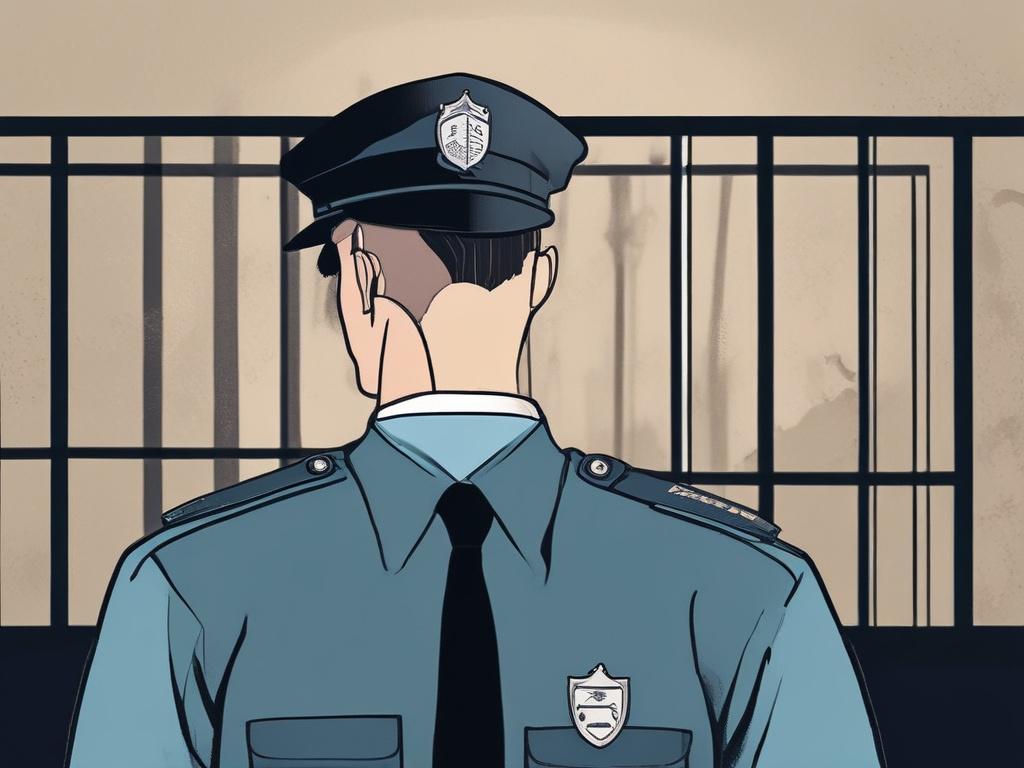
When law enforcement officers or public officials in Texas violate a citizen’s rights, the expectation is accountability. Unfortunately, the reality often falls short of this ideal. Instead of serving justice, many county attorneys, judges, and legal doctrines like qualified immunity create a protective barrier that shields misconduct. This troubling trend leaves victims feeling powerless and without recourse in the face of egregious violations.
In this blog post, we will delve into the complex dynamics at play, examining how county attorneys foster a culture of impunity by misapplying legal precedents and aggressively defending law enforcement. We will also explore the role of judges as gatekeepers of dismissal, inadvertently perpetuating a system that discourages victims from seeking justice. By unpacking the legal frameworks that facilitate this immunity illusion, we aim to illuminate the urgent need for reform and accountability in the Texas judicial system.
Understanding the role of county attorneys in protecting misconduct
County attorneys in Texas play a crucial role in the legal system, tasked with upholding the public interest. However, instead of holding law enforcement accountable for misconduct, they often become defenders of the status quo. They routinely misapply the doctrine of qualified immunity, arguing that the actions of officers were “reasonable” or “not clearly established” at the time. This approach effectively shields officers from liability and undermines the very purpose of their office. When county attorneys file motions to dismiss before allowing victims to present evidence, they not only sidestep accountability but also exhibit a disturbing trend of prioritizing the protection of law enforcement over the rights of citizens.
This troubling dynamic is particularly evident in cases like Kocian v. Montgomery County Sheriff’s Office, where allegations of unlawful arrest and retaliation were dismissed with prejudice due to the application of qualified immunity. By viewing their primary role as defending police rather than pursuing justice for citizens, county attorneys contribute to a culture where victims feel powerless. This misguided approach not only violates the expectations of accountability within the legal framework but also leaves many individuals without the recourse they desperately need. Ultimately, the practice of prioritizing defense over justice erodes trust in the legal system and perpetuates a cycle of unaccountability for law enforcement officers.
How judges inadvertently perpetuate a culture of dismissal
Judges play a pivotal role in the legal landscape, yet many misunderstandings persist regarding their responsibility in cases involving police misconduct. Too often, judges grant dismissal motions with little scrutiny, reflexively citing qualified immunity in cases brought under both federal and state law. This hasty dismissal deprives victims of their chance to present evidence, undergo depositions, or fully explore the facts of their case. Consequently, many victims arrive at court hopeful for justice only to find their pursuit of accountability thwarted by a system that overlooks constitutional harm in favor of convenience.
This pattern of judicial behavior contributes to a chilling effect where potential plaintiffs hesitate to come forward. The lack of thorough examination in these cases sends a message that law enforcement officials can operate without fear of repercussions. Victims of misconduct may feel isolated and disheartened, fostering a culture of impunity among officers who believe they are untouchable. If judges begin to exercise greater diligence and responsibility in evaluating the evidence, they can help dismantle this unjust barrier and pave the way for fairer outcomes that prioritize the rights of victims over the protection of misconduct.
Unpacking the legal frameworks that shield officers from accountability
In Texas, legal doctrines like qualified immunity and the Texas Tort Claims Act (TTCA) create significant barriers to holding law enforcement accountable for misconduct. Under 42 U.S.C. §1983, officers may claim qualified immunity if they can demonstrate that they did not violate a constitutional right or that the right in question was not clearly established at the time of the alleged misconduct. Unfortunately, many courts fail to fully engage with the second prong of this test, opting instead to dismiss cases prematurely without thoroughly reviewing the evidence. This not only deprives victims of their day in court but also reinforces a culture where law enforcement officers operate without fear of repercussion for their actions.
The TTCA presents another obstacle for victims seeking justice in Texas. Although it waives governmental immunity for certain negligent acts, it specifically excludes intentional misconduct— the very category under which most civil rights violations fall. This loophole allows officers to evade accountability for actions that are not merely negligent but are actively harmful and intentional. As a result, victims find themselves in a precarious position, where the very laws designed to protect them instead serve to perpetuate injustices. The systemic reliance on these legal frameworks underscores the urgent need for reform to ensure that victims of police misconduct can seek and receive justice.
Stay updated on our news and events! Sign up to receive our newsletter.
Thank you for signing up!
Something went wrong. Please try again later.